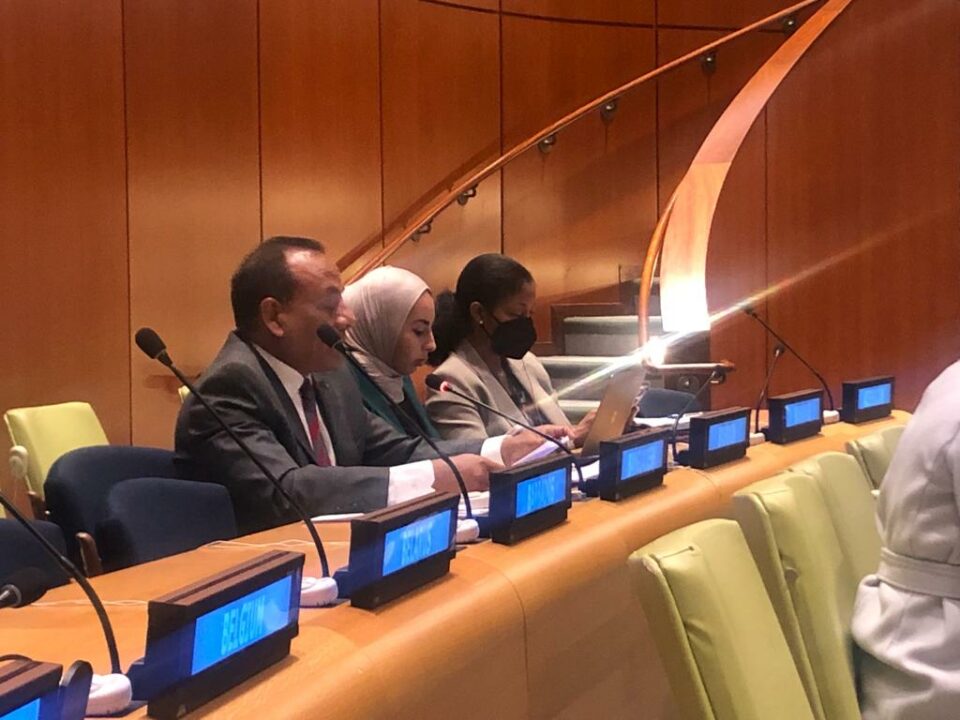Mr. Chair,
I thank you for giving me the floor. Our intervention today is limited to the topic sea-level rise in relation to international law under cluster II of the report of the International Law Commission.
I am speaking on this agenda in this Committee at a time when Bangladesh has just recovered from a devastating cyclone Sitrang resulted mainly from the adverse effect of climate induced-sea level rise. At least 35 people died, 10 million were without power, schools were shut across much of the southern part of the country. Unfortunately, the cyclone forced temporary internal displacement of at least one million people.
Despite tremendous challenges, the Government of Bangladesh successfully evacuated all of those people who were in danger to numerous multi-storied evacuation shelters well ahead of the Cyclone’s landfall into the coastal area of Bangladesh. Sufficient food, clothes, drinking water, medicine were supplied to those affected in a timely manner. All measures were undertaken to protect the lives and livelihood from the adverse effect of this cyclone.
Mr. Chair,
After sharing such a recent incident of natural disaster in Bangladesh, it is needless to repeat that sea-level rise is one of the most pressing issues of our time.
While we have political and socio-economic analysis of the impact of the sea-level rise in place on a regular basis, there are gaps in the research on legal implication of this phenomena. Against this backdrop, we take note of the second issue paper on sea-level rise in relation to international law of the International Law Commission.
Mr. Chair
Allow me to share a few specific comments on the paper:
First, On the question of statehood, in case, where the land territory of a state is completely covered by the sea, the determination of the legal status of the statehood requires intensive future work in the absence of any existing legal framework.
Second, On the question of protection of persons in the event of sea-level rise, the study paper may contribute to the ongoing and future work of the Commission on such issue. To cite an example, it may contribute to the negotiation of the draft articles on the protection of persons in the event of disasters prepared by the International Law Commission.
Third, as this paper incorporated states’ practices on the protection of persons in the event of disasters induced by sea-level rise, we thank the study group for referring to the good practices of Bangladesh.
Bangladesh adopted a national strategy on the management of internal displacement in the context of disasters and climate change in December 2020. The strategy stresses the need for the protection of persons in the event of natural disasters through three pragmatic steps: (a) prevention and preparation as risk reduction measure; (b) protection during displacement; and (c) durable solutions.
Finally, As the constitution for the oceans, the UNCLOS remains the foundation for all human activities at ocean and sea. It provides the comprehensive legal framework within which all activities must be carried out at ocean and sea. Given the above, any views/observation of the International Law Commission regarding the interrelation between sea-level rise and international law must be in line with the fundamental principles of the Convention.
Mr. President,
As a low-lying coastal country, this paper on sea-level rise in relation to international law bears critical importance for Bangladesh. We shall remain constructively engaged with all stakeholders to facilitate the effort of the Commission in producing a final substantive report on this issue as a whole in future.
I thank you Mr. President.

